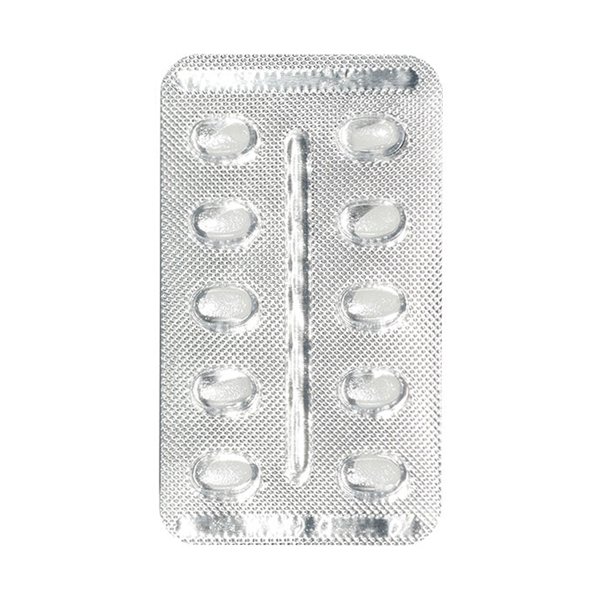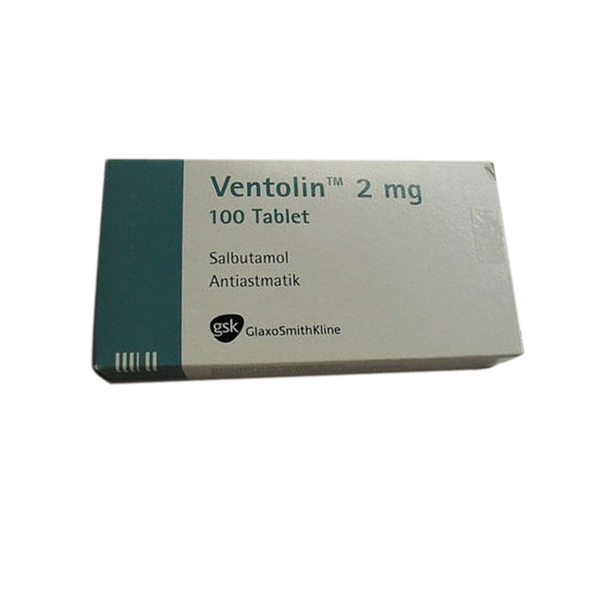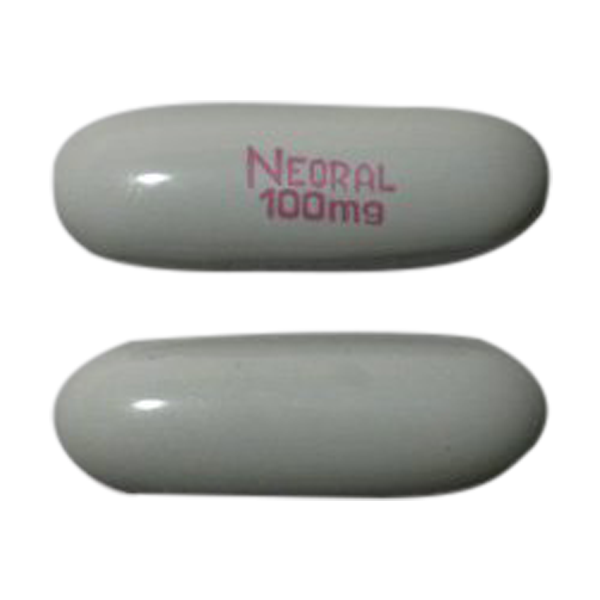Description
Naproxen is given as a painkiller for a number of ailments, including headaches, muscular pains, tendonitis, tooth pain, and menstrual cramps. Additionally, it lessens the discomfort brought on by gout episodes, bursitis, and other illnesses including arthritis.
Naproxen works by decreasing the enzyme that makes prostaglandins. Prostaglandins are crucial in the process of inflammation. They are created by the body at the site of injured tissue, causing swelling, heat, pain, and inflammation.
Naproxen is a generic name for both naproxen and naproxen sodium. The main distinction between naproxen and naproxen sodium is how quickly it is absorbed. The body absorbs naproxen sodium more quickly than ordinary naproxen, reaching peak levels of both in the body in 2-4 hours compared to 1-2 hours for naproxen.
There are numerous kinds and strengths of naproxen. Regular naproxen pills come in doses of 250 mg, 375 mg, or 500 mg.
Uses:
Naproxen is used to treat a variety of pains, including headaches, cramps from menstruation, muscular aches, tendonitis, and dental pain. It also decreases the edema, stiffness, and discomfort associated with arthritis, bursitis, and gout episodes. This substance is referred to as a non-steroidal anti-inflammatory drug (NSAID). It functions by preventing your body from producing specific natural compounds that trigger inflammation. Ask your doctor about utilizing alternative pain relief methods and/or different drugs if you are managing a chronic illness like arthritis.
Side Effects:
Common negative consequences include:
- Abdomen ache
- Constipation
- Dizziness drowsiness
- Migraine
- Stomach pain and edema, blood
- Abdominal tearing
- Stomach ulcers
- Fluid accumulation
- Diarrhea











Reviews
There are no reviews yet.